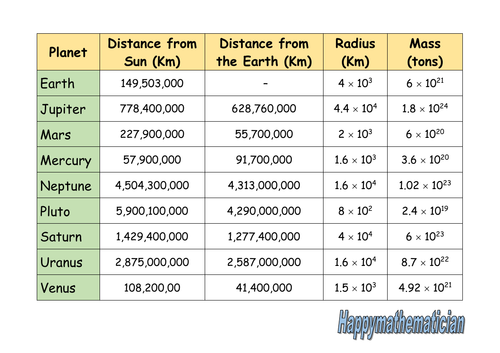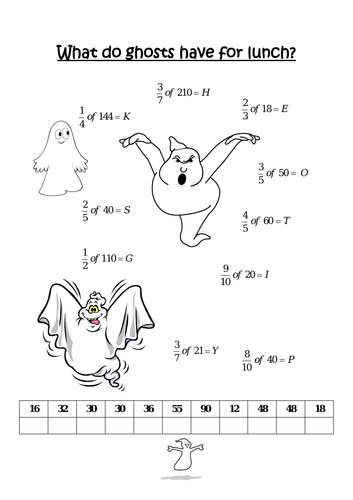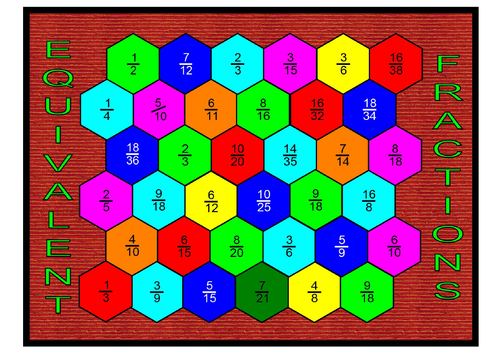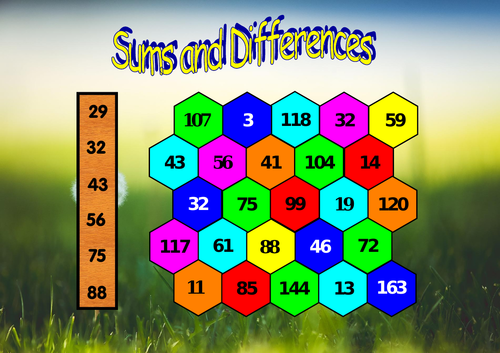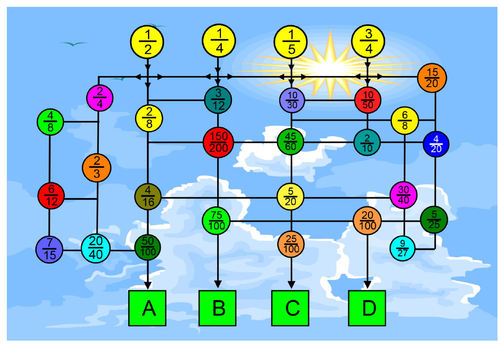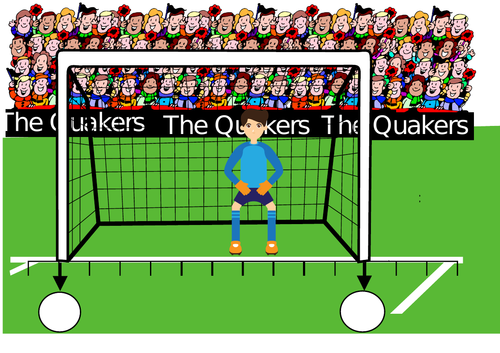Happymathematician's Shop
I am now a retired teacher having taught for over 40 years in the UK at secondary level. I wanted to share my love of Mathematics and teaching by providing a good set of resources which will more than cover all your needs for as many topics as I can and at good value for money. I am trying to cover many topics from foundation level GCSE up to grade 9 at higher level in a way that is interesting and relevant. I hope you like my style !









